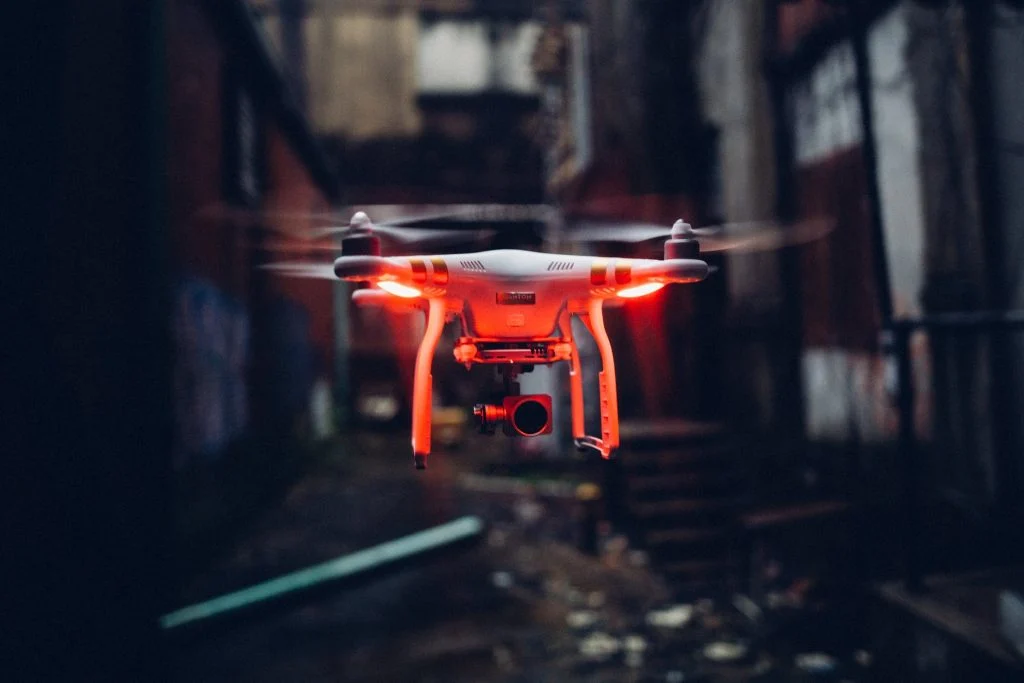
In recent years, the recreational angling landscape in South Africa has witnessed a transformative addition: the advent of “drone fishing.” As a nation blessed with a sprawling 2,850km shoreline, fishing stands as a cherished sport and pastime among many South Africans, boasting an estimated count of approximately 400,000 shore-based marine anglers.
Over the last decade, researchers observing linefish populations – species caught using traditional hook and line methods – have taken note of a significant uptick in drone fishing practices. This shift was brought to their attention by concerned recreational fishers, raising valid apprehensions regarding its potential impact on fish stocks, coastal wildlife, and escalating conflicts among various fishing groups. Notably, fishing serves as a critical protein and income source for around 2,730 commercial fishers, 2,400 small-scale boat fishers, and 30,000 small-scale shore-based fishers across South Africa.
Addressing the need for investigation, researchers encountered a challenge: the lack of comprehensive monitoring and data on drone fishing practices.
Resorting to unconventional methodologies due to limitations imposed by the COVID-19 pandemic, researchers turned to online resources for insights. Social media platforms and Google Trends served as valuable tools, revealing a staggering 357% surge in interest in drone fishing post-2016. This surge coincided with the popularity of a viral YouTube video showcasing an angler using a drone to reel in a sizable longfin tuna off an Australian beach. Further exploration unveiled the dominance of “drone fishing” groups on Facebook, boasting over 17,000 members, while YouTube hosted 38,700 videos incorporating the term.
However, a crucial observation emerged: South Africa exhibited unique concerns compared to New Zealand and Australia, as drones primarily targeted sharks—species of grave conservation concern, notably the dusky shark. This highlighted potential threats posed by drone fishing to species requiring protection.
Delving deeper, researchers scrutinized the multifaceted impacts of drone fishing:
Coastal Wildlife: Concerns escalated over the inadvertent consequences on marine creatures. The potential loss of fishing tackle and resultant debris in the ocean poses a threat to birds, marine mammals, and turtles through entanglement and environmental pollution.
Targeted Fish and Habitats: Drones equipped with cameras enable anglers to access distant fishing grounds, potentially overexploiting previously inaccessible areas. Moreover, fish captured and released in these zones face reduced survival rates due to exhaustion and vulnerability to predators.
Socio-Economic Dynamics: The exclusive accessibility of drone fishing to affluent anglers introduced conflicts with fishers dependent on catches for sustenance and livelihood. Additionally, sharing live fishing information online raised privacy concerns among other beachgoers.
The absence of specific regulations pertaining to drone fishing prompted researchers to suggest indirect legislative measures. Collaboration with the South African Department of Forestry, Fisheries, and the Environment resulted in a 2022 public notice categorically prohibiting drones and similar remote devices for angling.
However, this regulatory move met resistance from companies specializing in fishing drones, leading to legal battles currently in the appeal court. The outcome will shape the future management of drone fishing practices within South Africa.
Anticipating a positive outcome from ongoing legal deliberations, researchers aspire to see improved monitoring and management of South Africa’s recreational fishery. The ultimate aim is to ensure equitable resource allocation, prioritizing those reliant on fishing for sustenance and livelihoods.
The evolving landscape of drone fishing in South Africa underscores the critical need for balancing innovation with environmental preservation and societal equity. As the legal tussle continues, the nation grapples with the complexities of adapting new technologies while safeguarding its coastal ecosystems and fishing communities.
This website uses cookies.